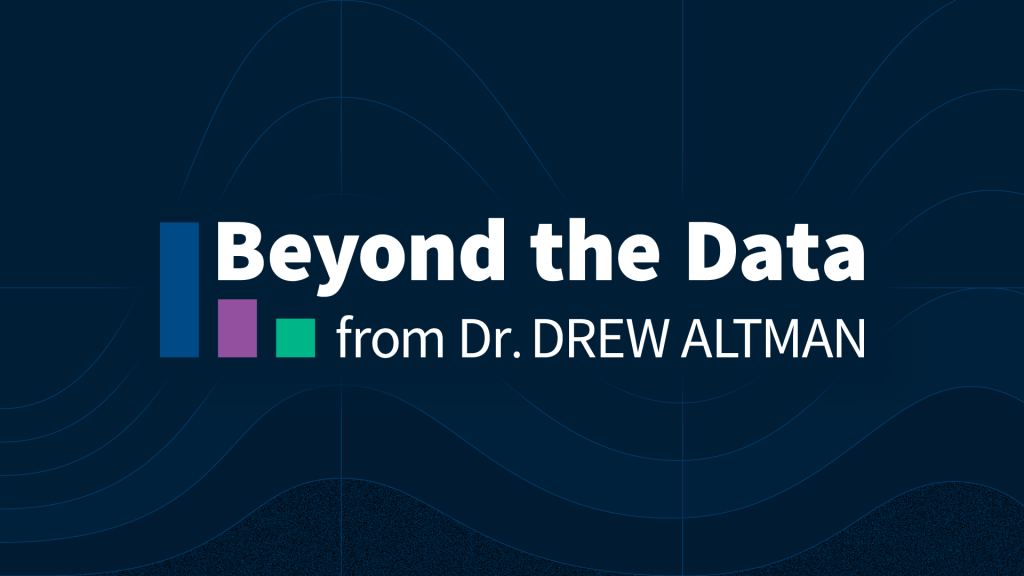An Examination of Medicaid Renewal Outcomes and Enrollment Changes at the End of the Unwinding
Using data from the KFF Medicaid Enrollment and Unwinding Tracker, this analysis reports data on unwinding renewal outcomes through June 2024 and examines Medicaid enrollment changes from February 2020 through May 2024, the most recent federal enrollment data available, nationally and across states.
